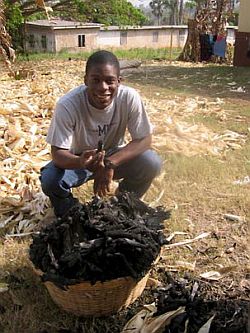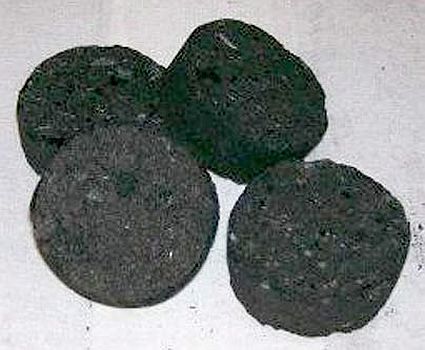
Students at the MIT have given an answer to the ill-effects of deforestation with a mechanism with which they can convert organic waste, such as sugarcane waste, into useful cooking fuel.
Deforestation does has harmful effects on the environment but it also acts as a silent killer for those who rely on wood charcoal to cook their food. Now a team of MIT students is working to bring affordable and eco-friendly cooking fuel to developing countries like Haiti. The technique makes use of organic waste such as sugarcane waste and then processes it to convert it into charcoal briquettes.

These students have formed a company named ‘Bagazo’ to produce and distribute the product to villagers in Haiti. The team will now be travelling to Haiti later this month to conduct a market survey and then meet with potential investors. They also hope that this project will appeal to all who want to serve people and make money as well.
Their charcoal making process does not only rely on sugarcane waste, but also work with plant wastes like banana leaves and corncobs. Several families in these villages use wood charcoal or dung cakes to cook food, these are hard to obtain and also produce more smoke which leads to lung problems in these villagers. Bagazo’s products makes use of organic waste so the fuel burns longer and also produces less smoke than its counterparts.
They however have developed a mechanism which converts organic waste into fuel in just three steps. The first step includes carbonizing organic waste in a drum in a low-oxygen environment, which prevents it from turning into ash. Then the powder is mixed with a binder so that it holds together, then the resultant is pressed into briquettes with a simple machine press. The process takes up to three hours in converting the waste into charcoal briquettes. The team is now hoping to automate the process so as to speed the production.
The team is currently focusing on Haiti; however, they are also interested to bring the project to Africa and India.
Via: MIT




